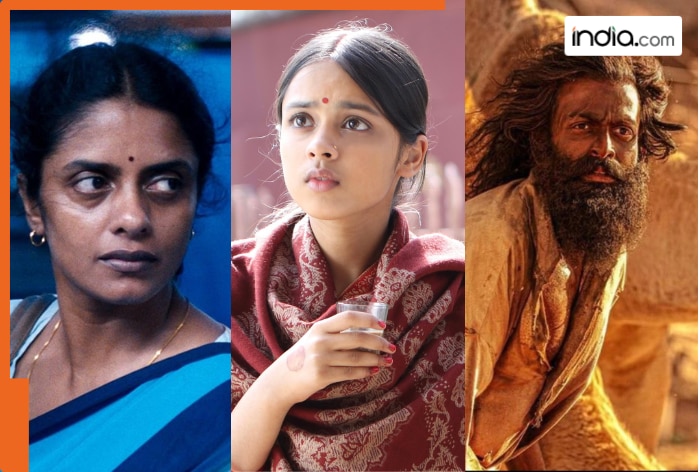Lucky, by Jane Smiley (Knopf). The main character of this warmhearted novel is Jodie Rattler, a girl who, at the age of six, accompanies her uncle to a racetrack and wins a roll of forty-three two-dollar bills. That talisman propels Rattler through life, from her upbringing in a gregarious family to a successful, if ultimately unfulfilling, career as a folk-rock singer-songwriter. As the novel wends its way from the nineteen-fifties to the near future, through multiple national crises—some historical, some speculative—Rattler contemplates the mixed blessings of her lifelong lucky streak and the contingencies inherent in “the great enigma . . . the sense you have, that comes and goes, of who you are, what a self is.”
Piglet, by Lottie Hazell (Henry Holt). Newly installed in a house in Oxford, the protagonist of this novel savors visions of a future with her well-to-do fiancé. To her relief, they are a world away from her family in Derby, for whom she feels “a crawling embarrassment,” and from whom she received the nickname Piglet, for her prodigious appetite. Days before the wedding, however, her fiancé confesses a betrayal. Clinging to “the life she had so carefully built, so smugly shared,” Piglet insists on moving forward with the marriage. But amid sensuous descriptions of her cooking and of the vast amounts of food she begins to order at restaurants, battles between self-denial and indulgence, external expectations and inner feeling, start to consume her. Each burger and croquembouche is freighted with meaning.







